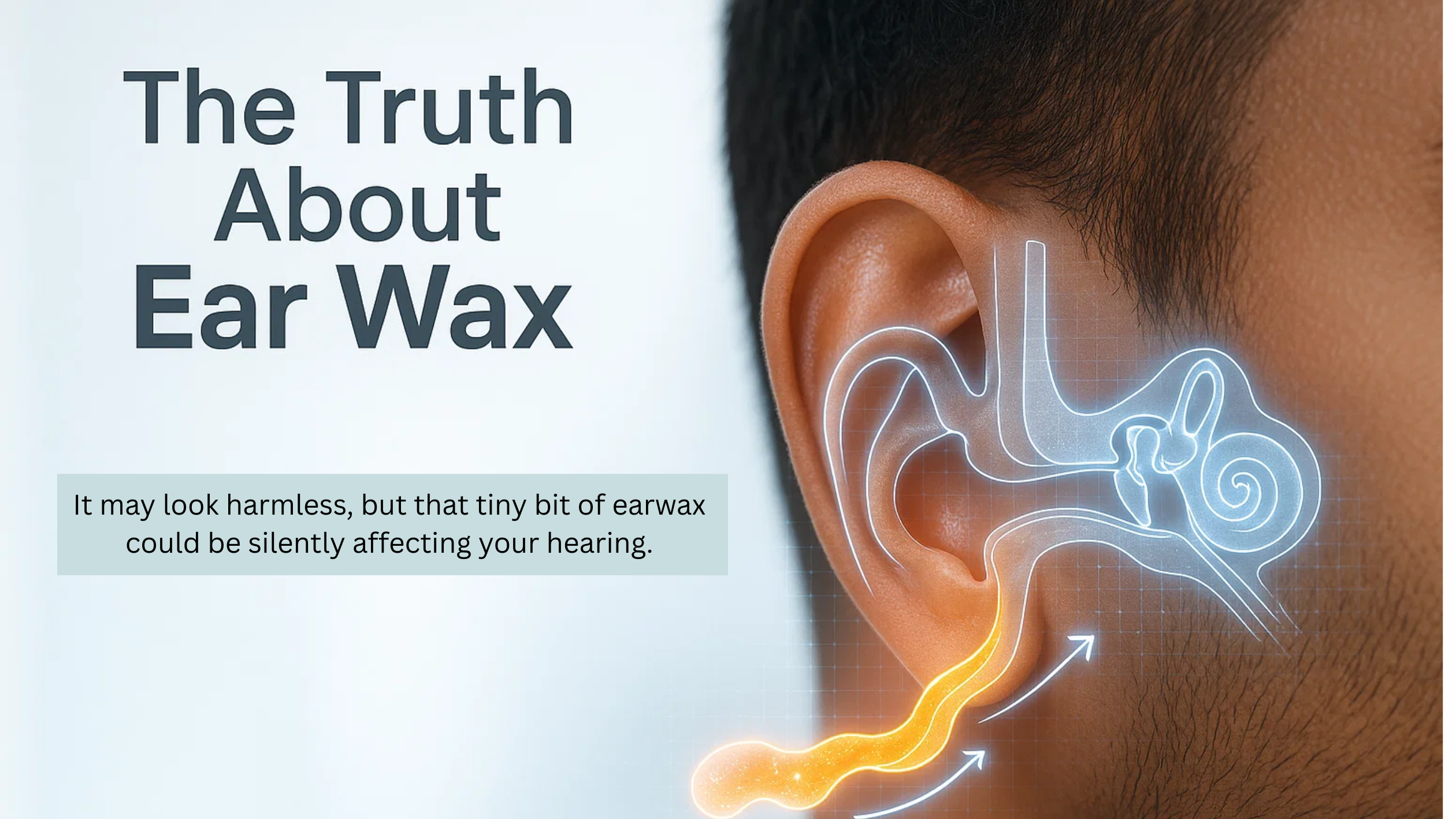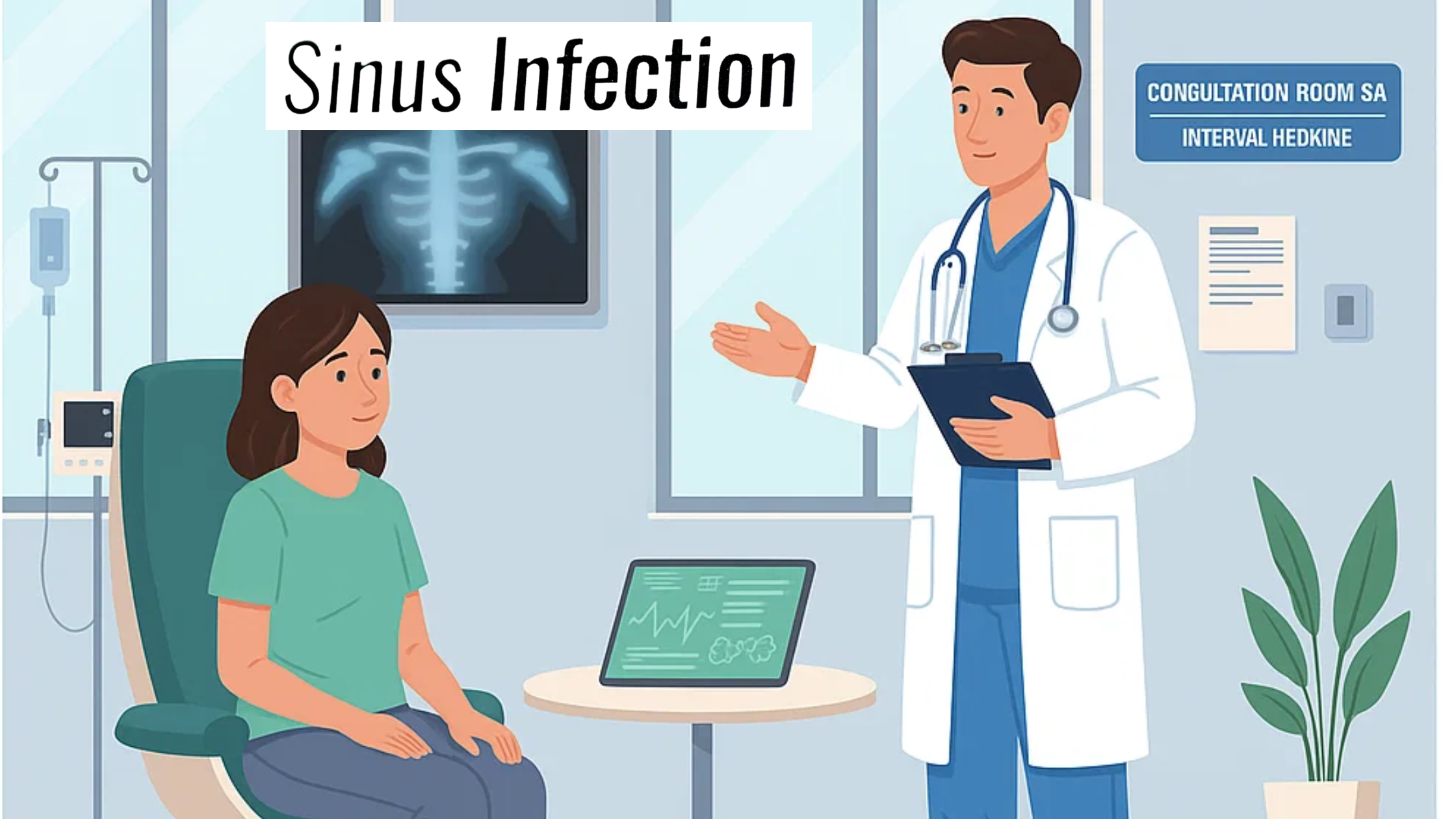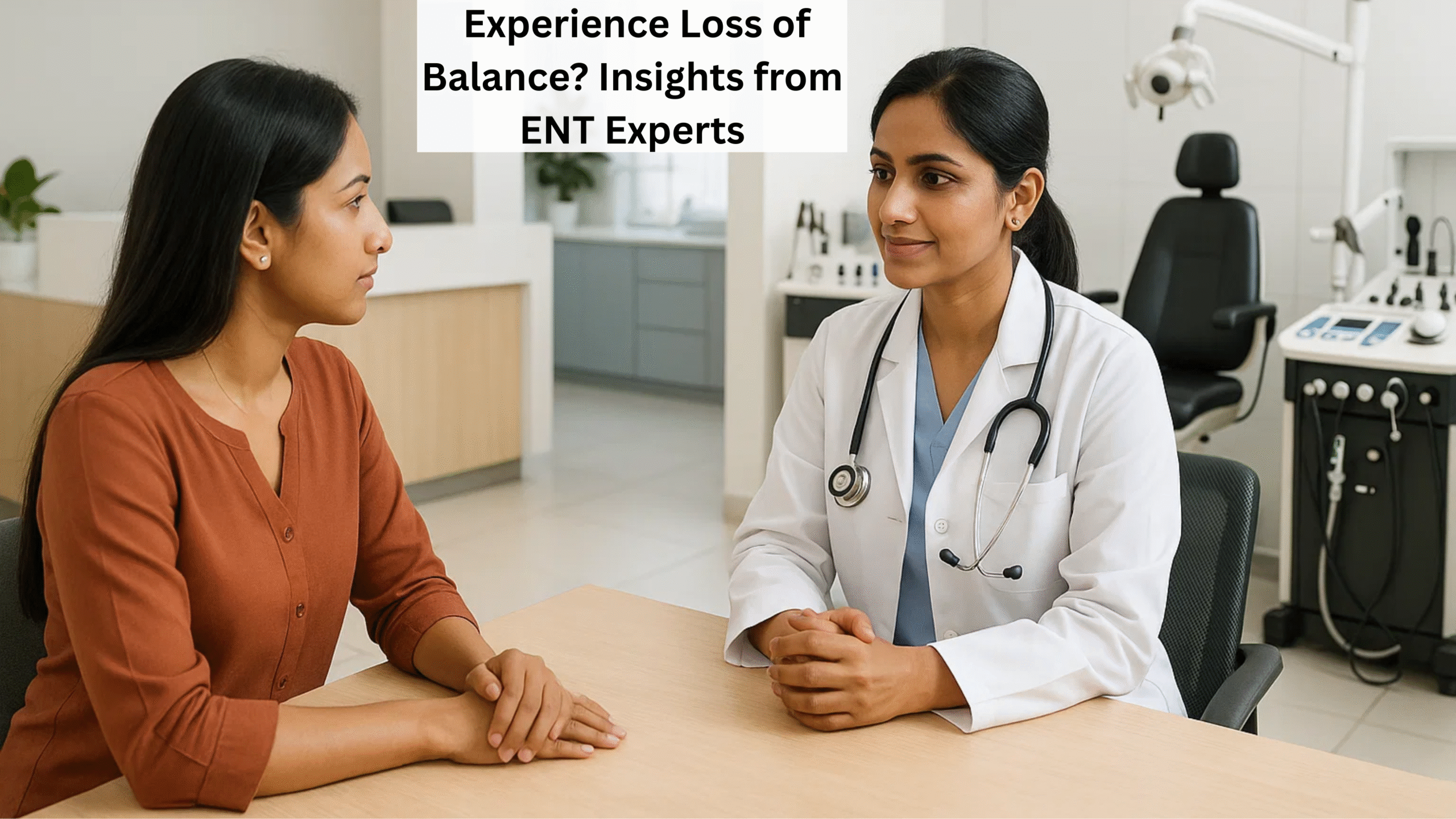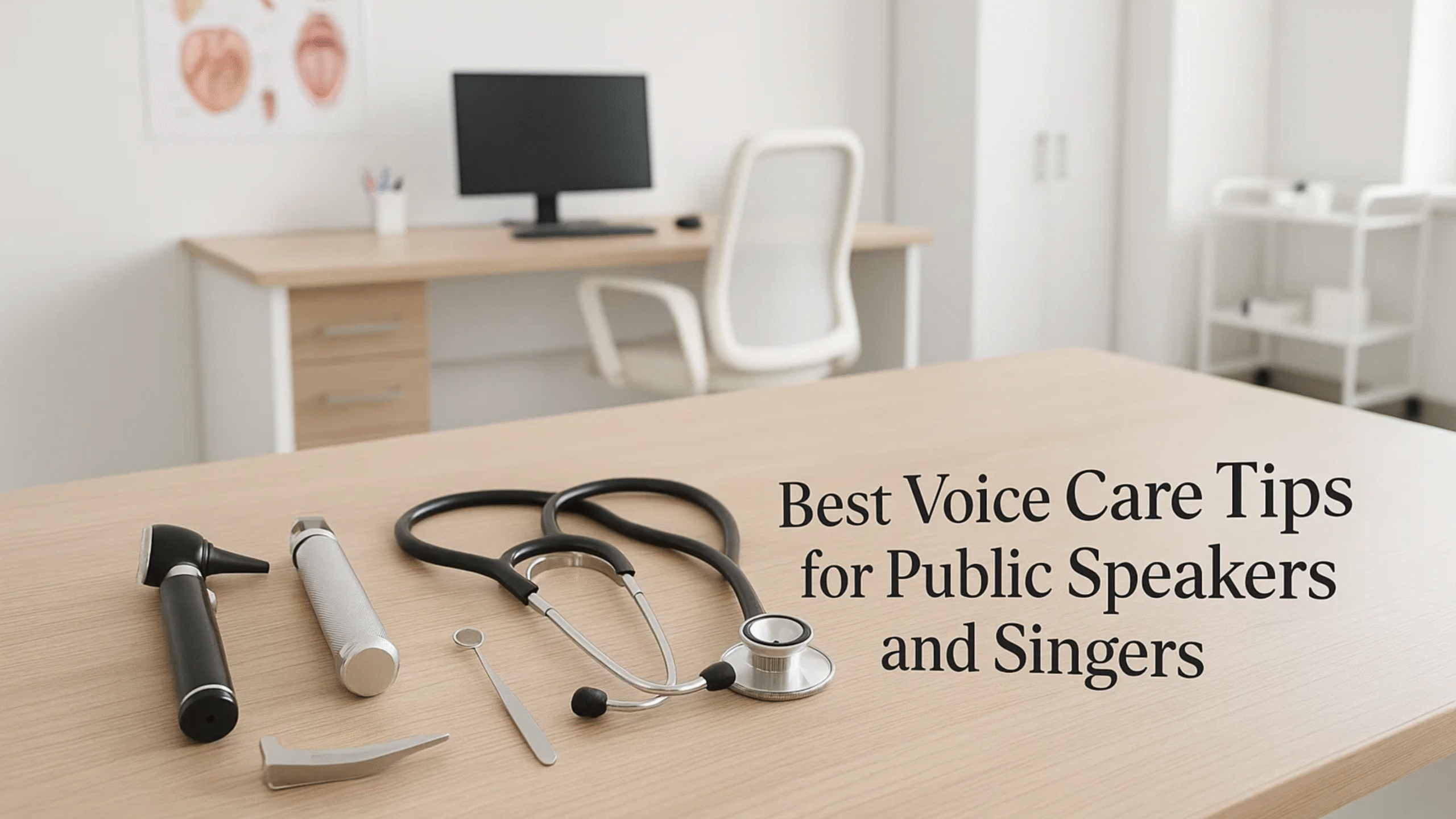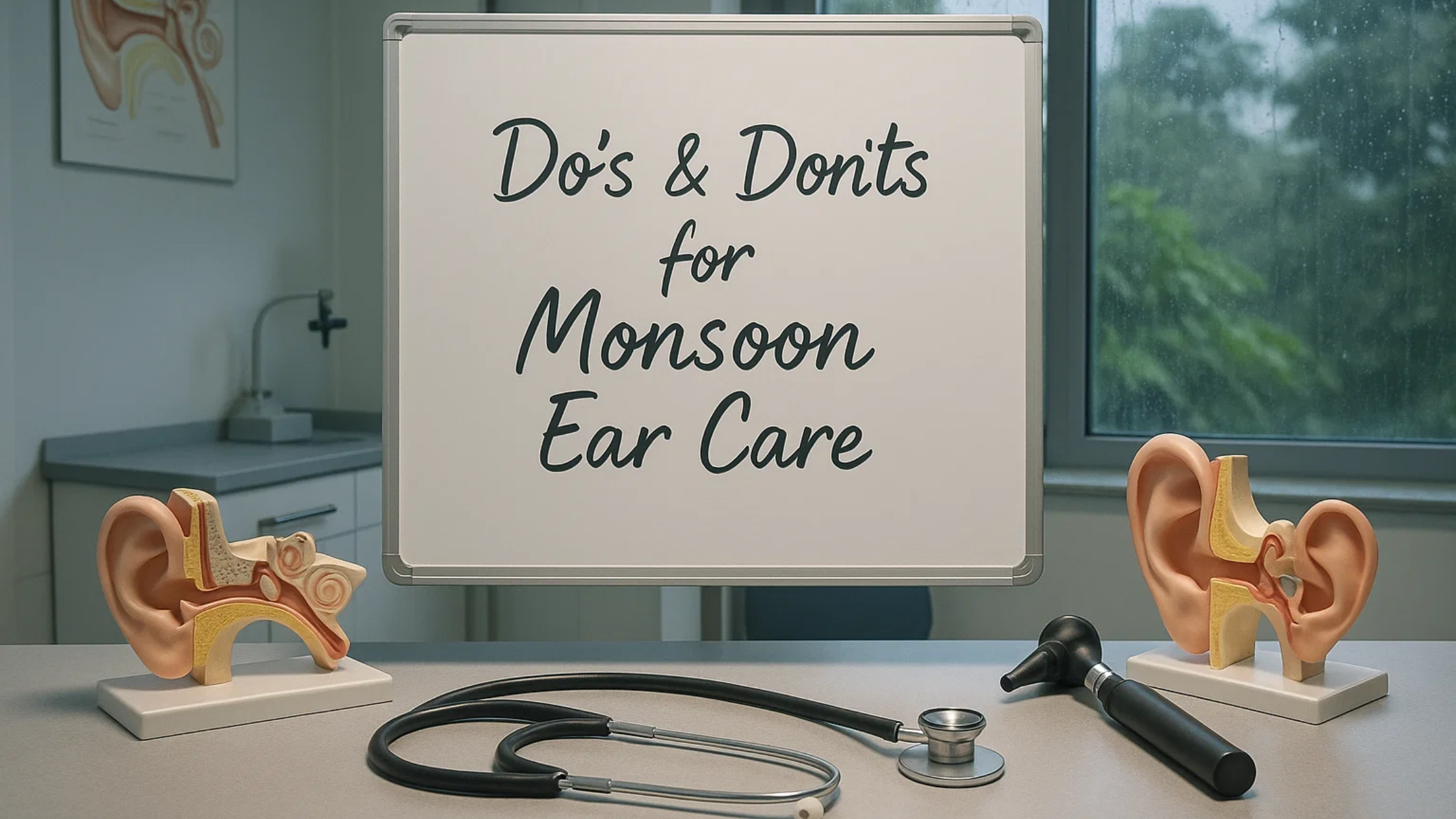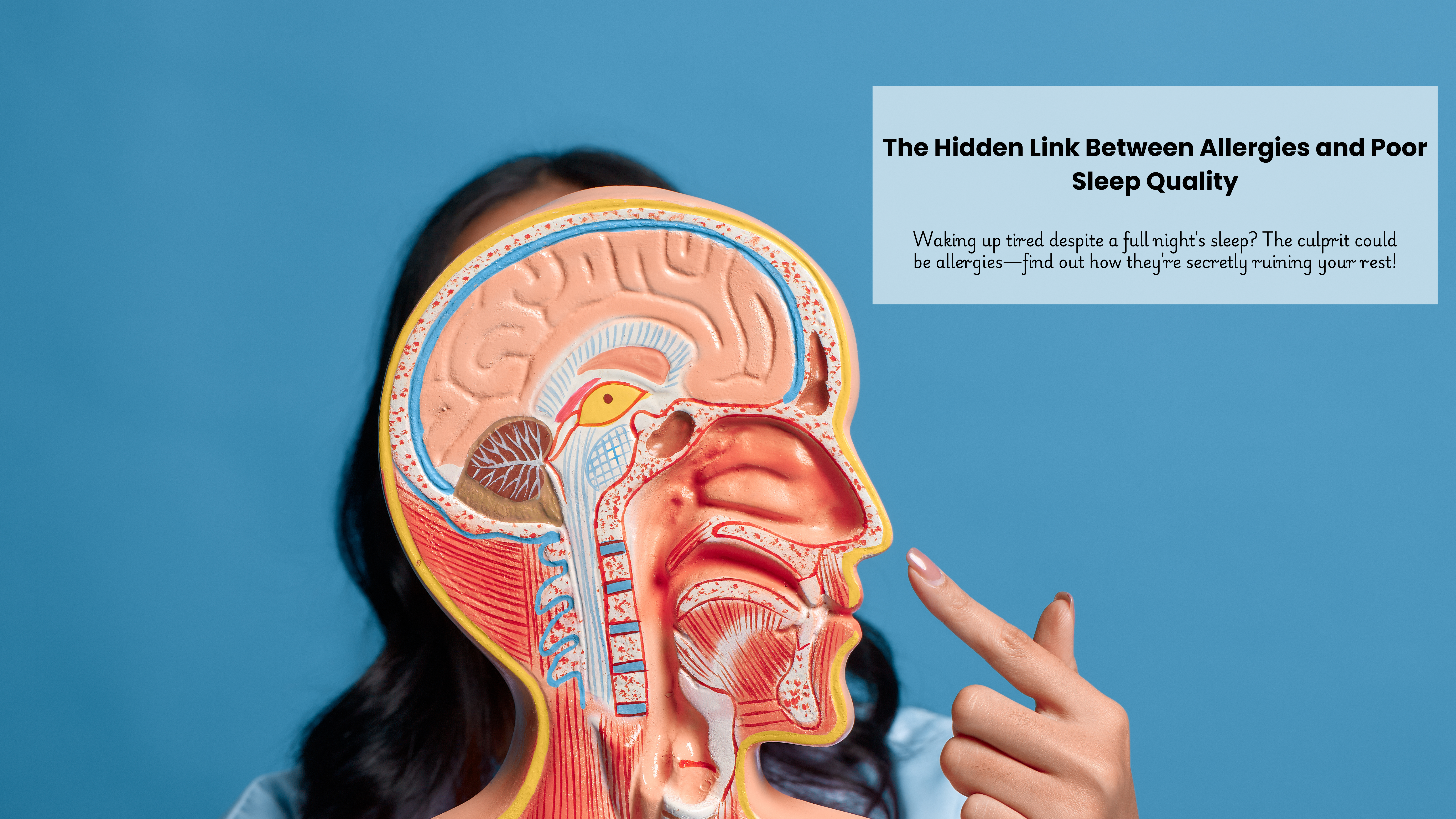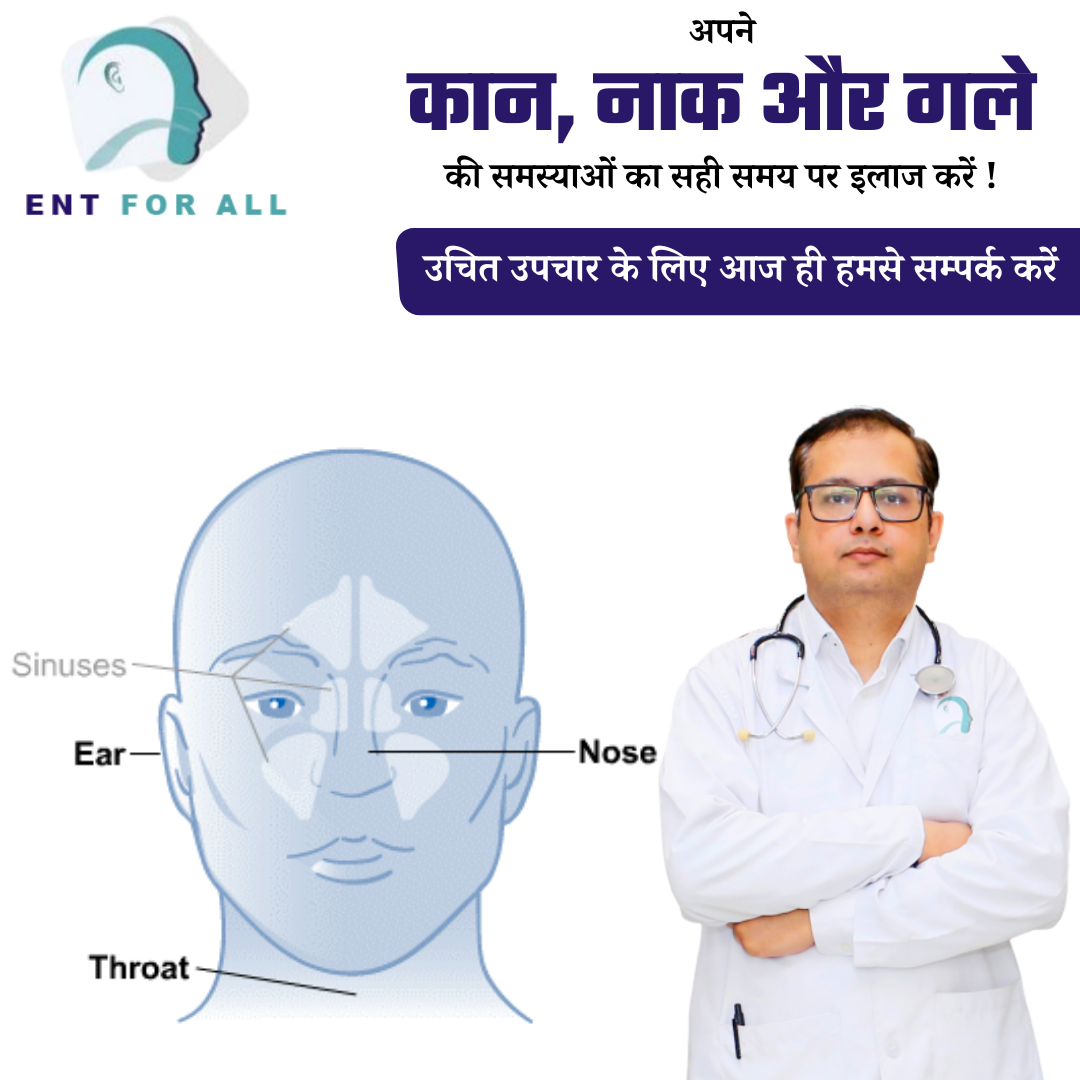Imagine being in a crowded restaurant, struggling to keep up with conversations because voices seem muffled. Or constantly turning up the TV volume while others tell you it’s too loud. These could be early signs of hearing loss, a condition that affects millions of people worldwide.
Hearing loss is often gradual, making it easy to miss the warning signs until it starts interfering with daily life. However, early detection is key—the sooner you seek help, the better the chances of preventing further damage and improving your quality of life.
In this blog, we’ll explore the early symptoms of hearing loss, risk factors, when to see a doctor, and available treatments to help you stay proactive about your hearing health.
Understanding Hearing Loss
What Is Hearing Loss?
Hearing loss occurs when the ears lose their ability to detect sounds at normal levels. It can range from mild difficulty understanding speech to complete deafness.
The human ear is a complex organ that processes sound waves and converts them into signals for the brain to interpret. When any part of the auditory system—outer ear, middle ear, inner ear, or auditory nerve—is damaged, it can lead to hearing impairment. The severity of hearing loss depends on the extent of damage and which part of the auditory system is affected.
Types of Hearing Loss
🔹 Mild – Struggling to hear soft sounds, especially in noisy environments.
🔹 Moderate – Difficulty following conversations without a hearing aid.
🔹 Severe – Unable to hear most sounds without amplification.
🔹 Profound – Only very loud sounds or vibrations can be detected.
Common Causes of Hearing Loss
✔ Aging (Presbycusis): A natural decline in hearing ability over time.
✔ Noise Exposure: Frequent exposure to loud noises (e.g., concerts, construction sites, headphones).
✔ Ear Infections & Medical Conditions: Chronic illnesses like diabetes and hypertension can contribute to hearing damage.
✔ Genetics: A family history of hearing loss increases the risk.
✔ Medications: Some drugs, including certain antibiotics and chemotherapy treatments, can damage hearing.
Hearing loss isn’t always due to aging—it can affect anyone at any stage of life. That’s why recognizing the early signs is essential.
Early Signs of Hearing Loss
Hearing loss often starts subtly, making it easy to overlook. Here are some red flags to watch out for:
👂 Common Symptoms:
✅ Difficulty understanding conversations, especially in noisy places.
✅ Frequently asking people to repeat themselves.
✅ Increasing the volume on the TV or phone higher than usual.
✅ Struggling to hear high-pitched sounds like alarms, doorbells, or birds chirping.
✅ Experiencing ringing or buzzing in the ears (tinnitus).
✅ Feeling exhausted after conversations due to extra listening effort.
If these situations sound familiar, you may be experiencing early hearing loss. The next step is understanding whether you’re at risk.
Who Is at Risk?
Hearing loss doesn’t discriminate—it can affect people of all ages. However, some individuals are more vulnerable than others.
Certain occupations, such as construction workers, musicians, and factory employees, face a higher risk due to prolonged exposure to loud noise. Without proper ear protection, constant exposure can cause irreversible damage to the inner ear.
🔹 Risk Factors for Hearing Loss:
✔ Aging: The most common cause of gradual hearing decline.
✔ Loud Noise Exposure: Constant exposure to loud music, machinery, or city traffic.
✔ Medical Conditions: Diabetes, high blood pressure, and autoimmune diseases can increase hearing loss risk.
✔ Certain Medications: Ototoxic drugs (some antibiotics, painkillers, and chemotherapy drugs) can harm hearing.
✔ Frequent Ear Infections: Recurring infections can damage the inner ear over time.
If you fall into any of these categories, regular hearing check-ups are recommended to catch any issues early.
When to Seek Medical Help
Hearing problems don’t always require urgent medical attention, but certain signs indicate you should see a doctor immediately.
If you experience a sudden loss of hearing in one or both ears, it could be a sign of an underlying medical condition, such as sudden sensorineural hearing loss (SSHL) or an ear infection, requiring immediate attention. Delaying treatment may reduce the chances of recovery, so it’s crucial to consult an ENT specialist as soon as possible.
🚨 When to Consult a Doctor:
✔ Persistent difficulty hearing conversations or sounds.
✔ Sudden hearing loss in one or both ears.
✔ Ear pain, dizziness, or a feeling of fullness in the ear.
✔ Recurring ear infections that don’t heal properly.
✔ A family history of early-onset hearing loss.
Ignoring hearing problems can lead to social isolation, cognitive decline, and mental health challenges. Seeking medical help early can make a significant difference in treatment options and long-term outcomes.
How Is Hearing Loss Diagnosed?
A doctor or audiologist will conduct various tests to evaluate the extent of your hearing loss.
🔍 Common Hearing Tests:
📌 Audiometry Test – Measures how well you hear different pitches and frequencies.
📌 Tympanometry – Checks for fluid buildup or blockages in the middle ear.
📌 Otoacoustic Emissions (OAE) Test – Assesses inner ear (cochlea) function.
📌 Physical Examination – Looks for signs of infections, earwax buildup, or abnormalities.
The results will help determine the cause and severity of your hearing loss, allowing your doctor to recommend the best course of action.
Treatment Options for Hearing Loss
Treatment for hearing loss depends on its severity and underlying cause.
🔹 Common Treatment Options:
✔ Hearing Aids: Small electronic devices that amplify sound for mild to moderate hearing loss.
✔ Cochlear Implants: Surgically implanted devices that help people with severe or profound hearing loss.
✔ Medications & Surgery: If hearing loss is caused by infections, blockages, or underlying medical conditions.
✔ Assistive Listening Devices (ALDs): Special amplifiers for TV, phone calls, and group conversations.
With the right intervention, many people with hearing loss can improve their communication and quality of life.
Preventing Hearing Loss
While some causes of hearing loss are unavoidable, many cases can be prevented with proper care.
One of the most effective ways to prevent hearing damage is by reducing exposure to loud noises. Prolonged exposure to high decibel levels from concerts, construction sites, or personal audio devices can gradually lead to hearing loss. Using ear protection like noise-canceling headphones or earplugs in noisy environments can help minimize the risk. Following the 60/60 rule—listening at no more than 60% volume for no longer than 60 minutes at a time—can also protect your ears when using headphones.
✅ How to Protect Your Hearing:
✔ Limit Exposure to Loud Noises: Use earplugs at concerts or noisy workplaces.
✔ Keep Headphone Volume Low: Follow the 60/60 rule—no more than 60% volume for 60 minutes.
✔ Practice Good Ear Hygiene: Avoid inserting objects (like cotton swabs) into your ears.
✔ Manage Health Conditions: Keep blood pressure and diabetes under control.
✔ Get Regular Hearing Check-Ups: Early detection can prevent worsening hearing loss.
Taking proactive steps today can help protect your hearing for years to come.
Conclusion
Hearing loss is more common than people realize, but early detection and treatment can make a huge difference. If you notice signs of hearing trouble, don’t wait—seek professional help.
If you’re in Udaipur and facing ear, nose, or throat issues, consult Dr. Sushant Joshi at ENT FOR ALL, Rajasthan’s top ENT clinic. With state-of-the-art facilities, including a Deafness Clinic, Allergy Clinic, and Voice Clinic, Dr. Joshi and his expert team provide top-quality care. Get the best ENT solutions for a healthier life.
ALSO READ:- Earwax Blockage: Signs You Need Medical Help


